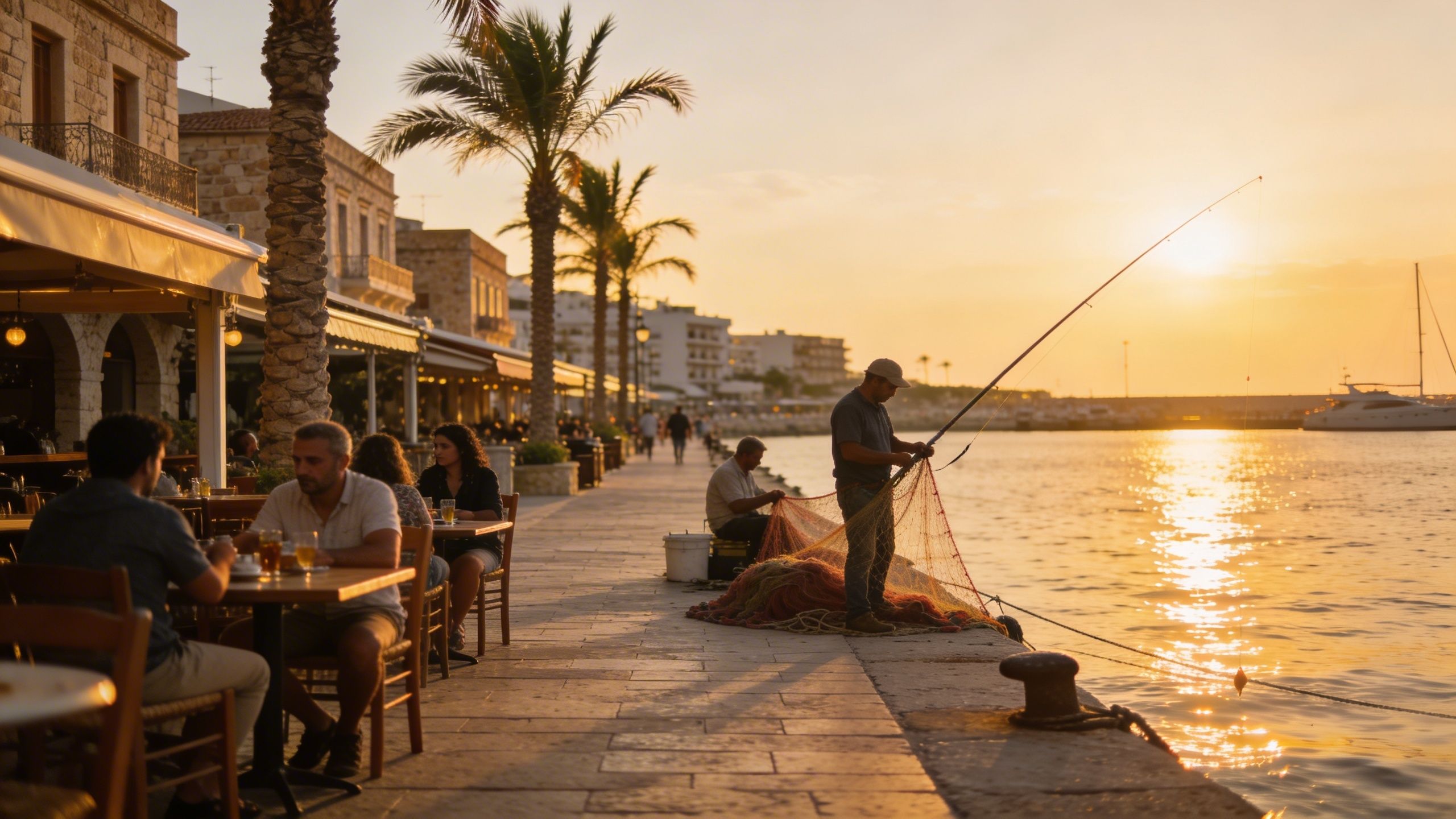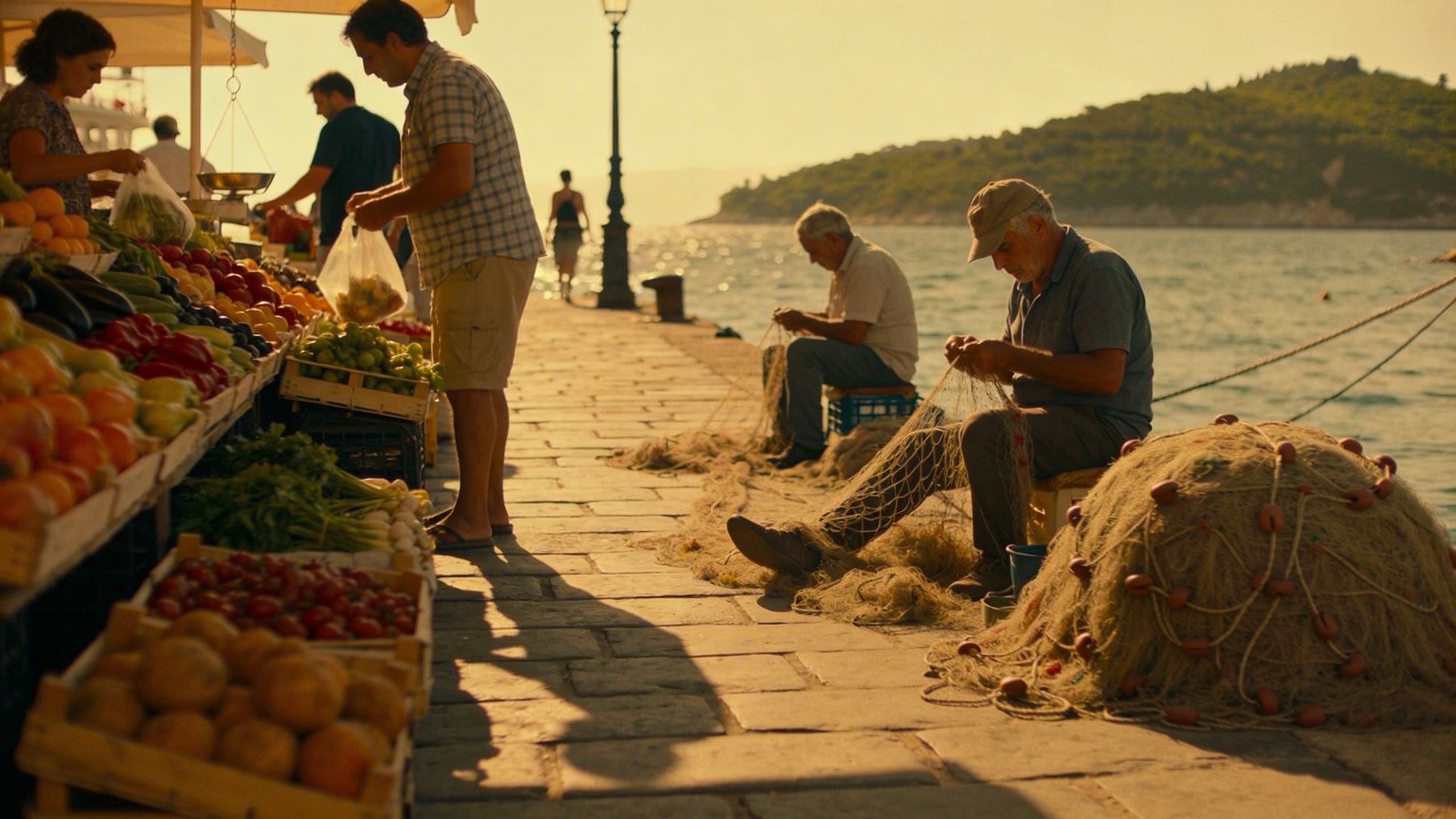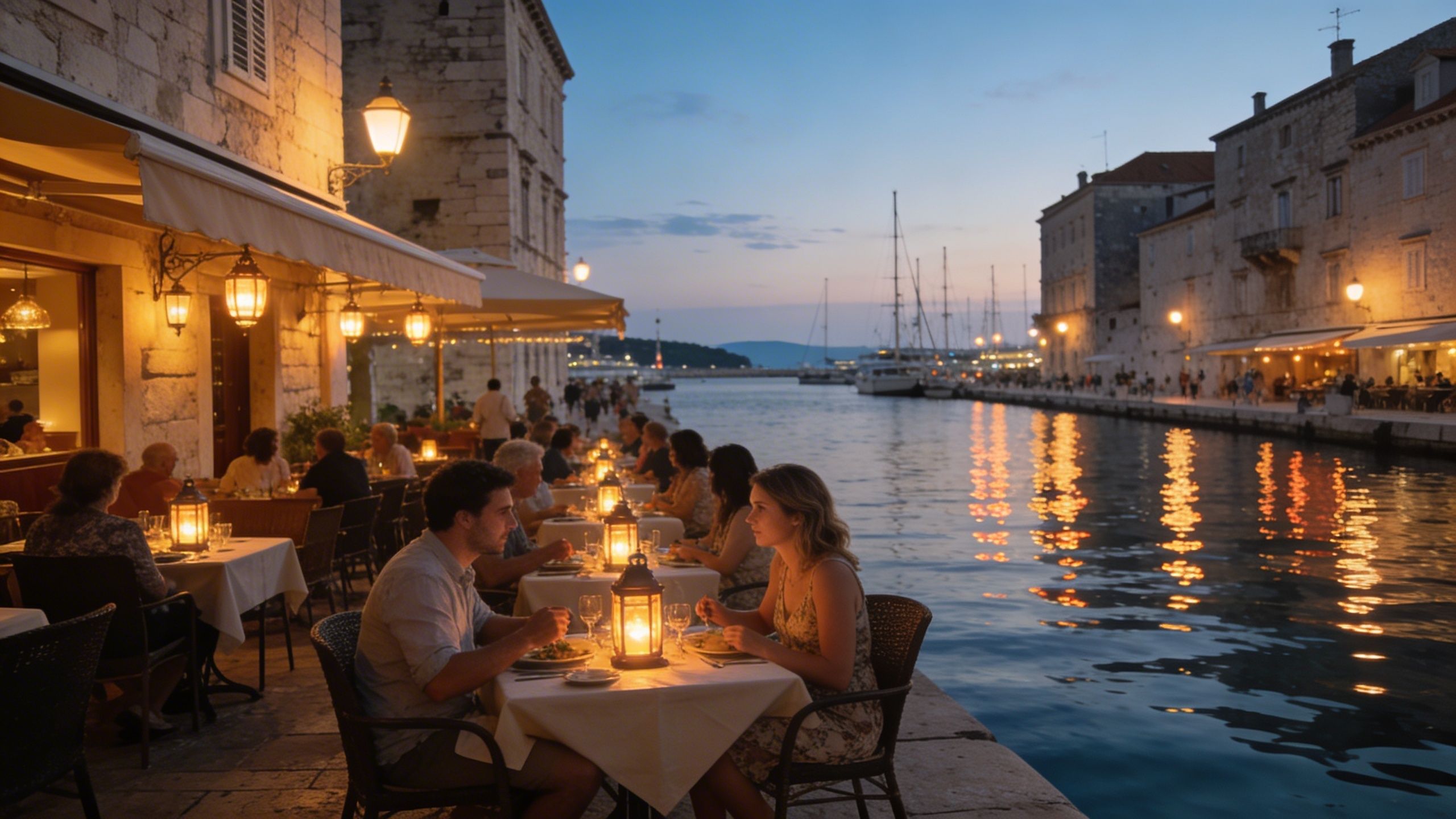Greece: Cadastre, Golden‑Visa Shifts and Practical Due Diligence
Fall in love with Greece—then protect that love. Sensory lifestyle insights with clear legal steps: cadastre checks, tax regimes, Golden Visa updates and red flags.
Imagine waking to the smell of fresh bread from a neighbourhood baker in Koukaki, taking an espresso at a sunlit table on Adrianou Street, then signing papers for a maisonette that sits above a taverna where the owner knows your name. Greece is at once easy to romanticise and quietly complex to purchase in; local rhythms—seasonal tourism, cadastral registration, and evolving residency rules—shape not only daily life but what ownership truly means. This guide blends the sensory pleasures of Greek life with the legal touchpoints international buyers must know to move with confidence and taste.
Living the Greece lifestyle: what draws you here
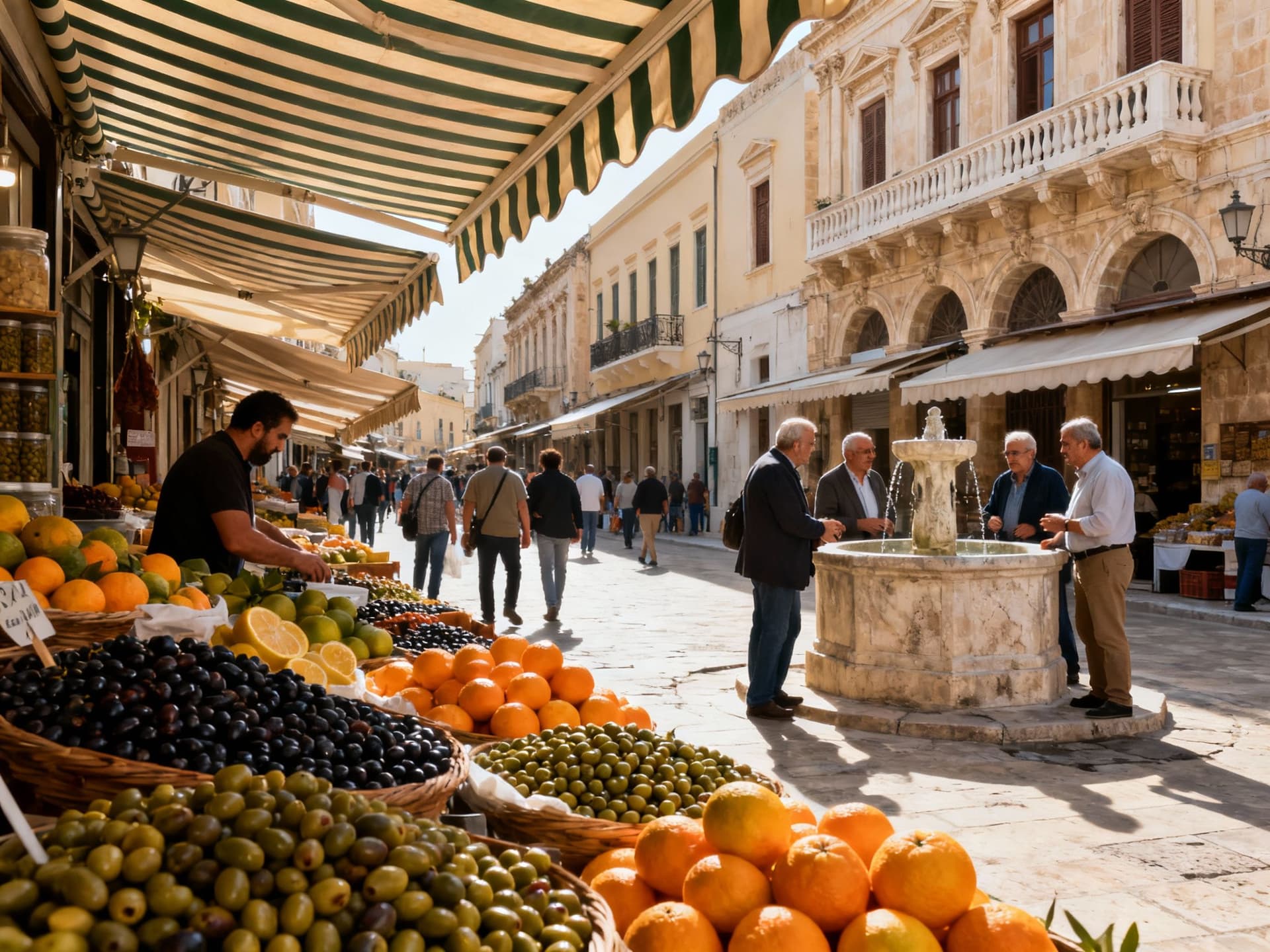
Strolls in Plaka, late dinners in Glyfada, island weekends in Syros: living in Greece is spatially varied and seasonally choreographed. Architecture—from neoclassical townhouses in Corfu to Cycladic whitewashed terraces in Naxos—conditions daily life; light and patio culture privilege outdoor rooms. Practical note: property provenance often rests with the Hellenic Cadastre (Ktimatologio), and title clarity is indispensable before you fall in love with a façade.
Atenian neighbourhoods and island contrasts
Athens feels urbane and lived; Kolonaki offers restrained elegance and galleries, while Koukaki and Metaxourgeio present convivial streets and accessible markets. By contrast, islands such as Paros or Syros combine maritime simplicity with tightly knit community rhythms—markets at dawn, small harbourside cafés in the evening. Each setting requires different expectations for services, renovation access and seasonal occupancy; choose not only for beauty but for the life you intend to lead year-round.
Food, market life and seasonal tempo
Weekends are organized around markets: fresh fish at Varvakios in Athens, heirloom tomatoes in Chania’s municipal market, and cheeses in village kantinas. Festivals—Easter processions in villages, the Athens & Epidaurus Festival in summer—anchor social life and the property calendar: expect heightened short‑term rental demand and an influx of tradespeople during high season. For buyers, this tempo affects everything from renovation scheduling to concierge services and local property management costs.
- Lifestyle highlights: authentic places and moments • Morning coffee at Little Kook or a quieter café in Anafiotika • Evening fish by the quay at Mikri Mantineia or Palaio Faliro • Farmer’s market mornings in Chania and seasonal open-air fairs • Village plateia gatherings and Sunday church festivals • Coastal walks along Aegina’s promenade and sunset aperitivo on Mykonos backstreets
Making the move: practical considerations that matter
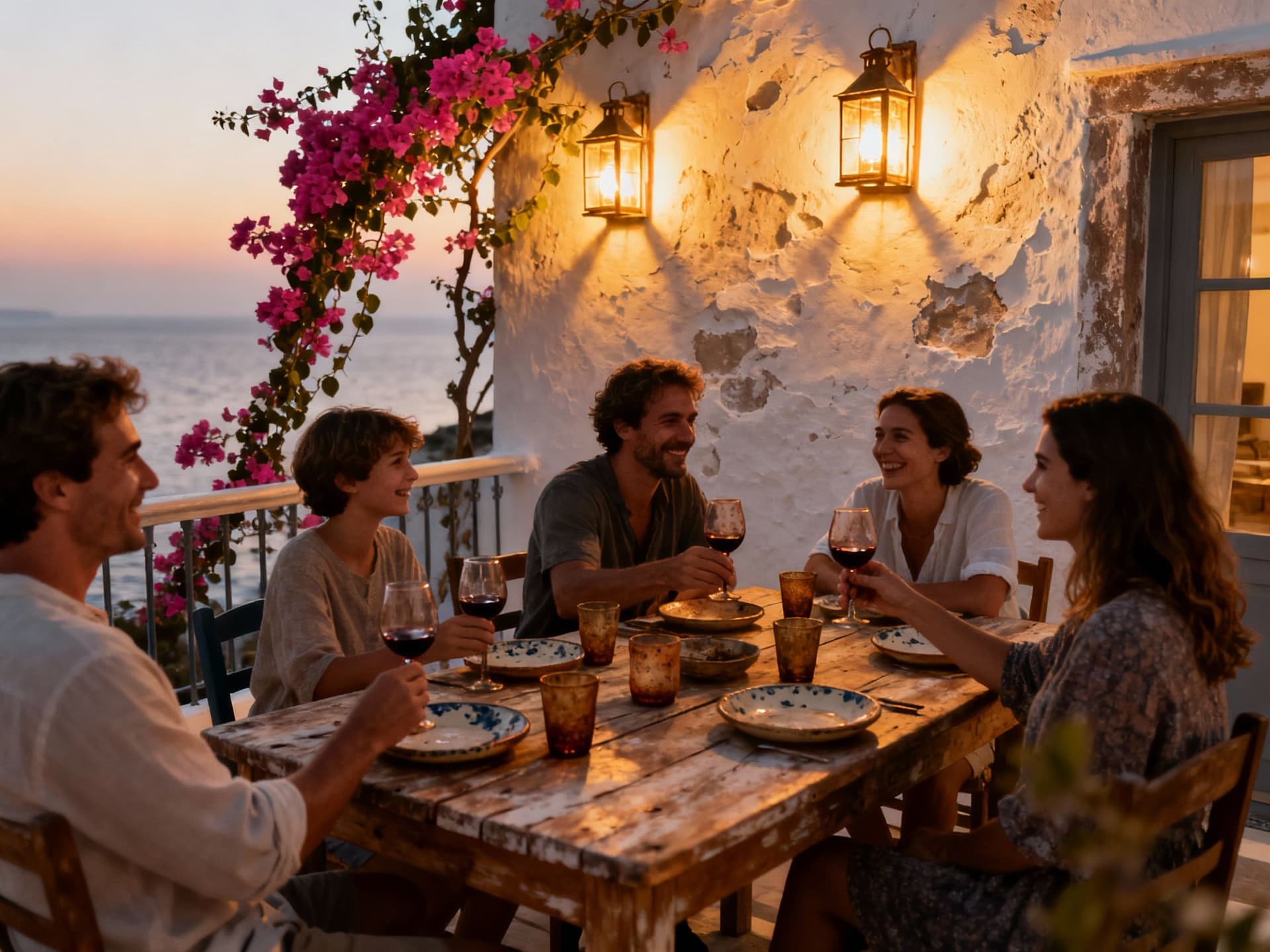
Romance aside, purchasing in Greece is an administrative choreography: tax declarations, notarial deeds, cadastre searches and—where relevant—residency applications. Market data and legal practice indicate standard fiscal burdens and constraints for non‑EU buyers, and a careful due‑diligence process will save months. Below are the key legal stages you will encounter and the local experts who make them straightforward.
Property styles and what they offer (and demand)
A 19th‑century neoclassical in Nafplio requires conservation-minded restoration and specialist craftsmen; a contemporary seafront apartment in Glyfada may carry modern‑build warranties and VAT treatments. New builds (post‑2006 permits) are often subject to VAT rather than transfer tax; older properties typically attract the 3.09% transfer tax. Match the property’s construction and legal status to your appetite for renovation risk, permitting time and the additional costs of bringing work to standard.
Working with local experts who understand lifestyle and law
An experienced Greek lawyer will perform a title search, liaise with the cadastre, draft the preliminary contract (prototypon) and monitor notarial completion; a civil engineer will certify the building’s compliance. Agencies with deep local networks—those who know which builders restore stone facades correctly, or which island councils allow modest expansions—convert lifestyle briefs into executable purchase plans. For residency-linked purchases, specialist immigration counsel is essential; the Golden Visa rules changed in 2024 and have ongoing implications for investment thresholds and short‑term rental restrictions.
- Practical steps to blend lifestyle and legality 1. Register for an AFM (Greek tax number) and open a Greek bank account; you cannot transact reliably without them. 2. Commission a lawyer to conduct a deed and cadastre search—establish whether the title is registered or still in legacy books. 3. Obtain a technical survey and planning check to identify unauthorised structures and renovation constraints. 4. Agree a deposit and preliminary contract with clear conditional clauses (due diligence, financing, and timelines). 5. Proceed to a notary for the final deed and ensure transfer tax or VAT is settled according to the property’s status.
Insider knowledge: expat realities and legal red flags
Expat life here is warm and rewarding, yet seasoned buyers caution against three recurring surprises: unclear cadastral records, seasonal maintenance burdens, and evolving residency rules that affect rental strategies. The Hellenic Cadastre is modernising but gaps remain regionally; relying solely on scanned records without on‑the‑ground legal verification risks discovery of arrears or encumbrances. A modest patience pays dividends: inspect municipal building plans, secure compliant permits for any intended renovation and budget for routine seasonal servicing.
Cultural integration and practicalities
Learning a few phrases of Greek will smooth transactions and community acceptance; practice at the local kafeneio will introduce you to plumbers, masons and the baker with the best sourdough. Social norms matter: transactions often proceed through personal introductions, and a recommended notary or engineer carries weight. For seasonal owners, establishing reliable property management—someone who knows local utility cycles and can read a municipal notice—is indispensable.
Longer view: inheritance, fiscal changes and stewardship
Inheritance law and long-term stewardship deserve attention: Greek inheritance tax and succession procedures are regionally nuanced and may affect generational plans for a family property. Recent fiscal measures and temporary suspensions (including capital gains provisions and VAT treatments) have altered holding costs but can be time-limited. Treat purchases as stewardship: document provenance, retain conservation-grade receipts for restorations and consider a Greek notarial will to simplify future transfers.
- Red flags and questions to ask your team • Is the title fully registered with the Hellenic Cadastre and free of encumbrances? • Does the property have unauthorised additions that will require retroactive permits? • Which tax regime applies: transfer tax (3.09%) or VAT (24%) and are any temporary exemptions active? • If non‑EU, is the area subject to military or border restrictions requiring permission? • Has the property been used for short‑term rentals and does that conflict with current Golden Visa rules?
Conclusion: how to turn a Greek impulse into a lasting residence or investment
Greece rewards those who combine an appreciation for place with disciplined legal preparation. Begin with the life you want—sunlit terraces, a market routine, the quiet of a village square—and then assemble a lean, local advisory team: lawyer, engineer, notary and an agency that understands both architectural pedigree and seasonal life. With careful due diligence you preserve the very qualities that make Greek living desirable: provenance, conviviality and a home that will age gracefully in both craft and story.
Relocating from London to Mallorca in 2014, I guide UK buyers through cross-border investment and tax considerations. I specialise in provenance, design integrity, and long-term value.
